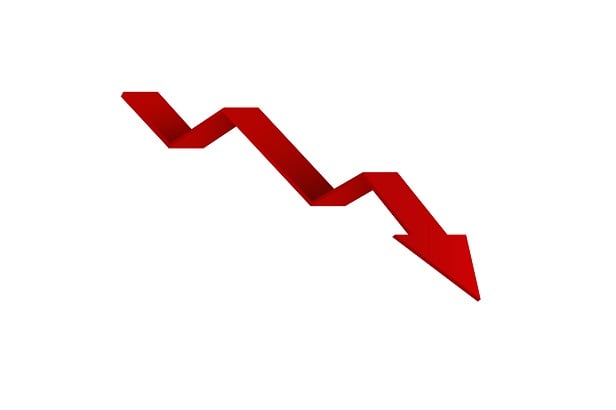BOCA RATON, FL—Property appreciation is slowing in housing markets across the country as upward pressure on the demand for homeownership declines, according to the latest national index produced quarterly by Florida Atlantic University and Florida International University faculty.
"Unraveling our model, we see that property price appreciation is decelerating in most of our measured 23 markets," said Eli Beracha, a real estate professor in the Hollo School of Real Estate at FIU and one of the creators of the Beracha, Hardin & Johnson Buy vs. Rent (BH&J) Index. "Looking back over the past few quarters, we see slowing property appreciation, which suggests that the rapid property appreciation witnessed in recent quarters is almost certainly over."
The index measures the difference in wealth creation between renting and reinvesting versus owning the same property and building equity. BH&J scores approaching +1 strongly suggests individuals would be better off renting and reinvesting as opposed to owning and building equity. Scores approaching -1 favor home ownership over renting. Scores close to 0 suggest a tossup in terms of wealth creation between the two alternatives.
"One of the things that was very surprising was that we saw the average rents in the 23-market area rose faster than house pricing," Ken Johnson, a real estate economist and one of the creators of the BH&J Index in FAU's College of Business, tells GlobeSt.com. "That made renting more expensive. In the last year or two, we have been seeing prices rise faster than rents. In a strange sort of way, that helps in terms of pricing of homes because it puts a floor underneath pricing."
The Index covers two markets in the Southeast—Atlanta and Miami. Johnson says on average, someone in Atlanta would be better renting and reinvesting than owning in terms of wealth creation.
"Should I buy is not the question. A house is so much more; it's about raising a family and where the kids go to school. I am not so worried about prices this time around."
Johnson says homes in Atlanta are priced about 10 to 12 percent above the long-term pricing mean. However, he says there is no reason to think what happened 12 years ago is happening now because the economy is too stable.
Miami has pretty much the same story with homes about 20% above where they should be, he says.
In 20 of the 23 metropolitan markets tracked in the BH&J Index upward pressure on the demand for homeownership is declining.
"In all but three markets – Atlanta, Chicago and Detroit – BH&J scores are declining from near record levels," Johnson said. "This occurred prior to the housing crash a decade ago as well; however, current macro market factors, high employment and low mortgage rates, among others, should serve to buoy prices. There is a low probability that we will experience a catastrophic housing crash."
Both Johnson and Beracha agree that a likely scenario for the nation's housing market is a "bumpy" ride back to a long-term property pricing trend.
According to Johnson, what is most likely is that "we will see slightly positive to slightly negative property appreciation rates this time around as the nation's housing markets revert to their long-term means."
© Touchpoint Markets, All Rights Reserved. Request academic re-use from www.copyright.com. All other uses, submit a request to [email protected]. For more inforrmation visit Asset & Logo Licensing.







